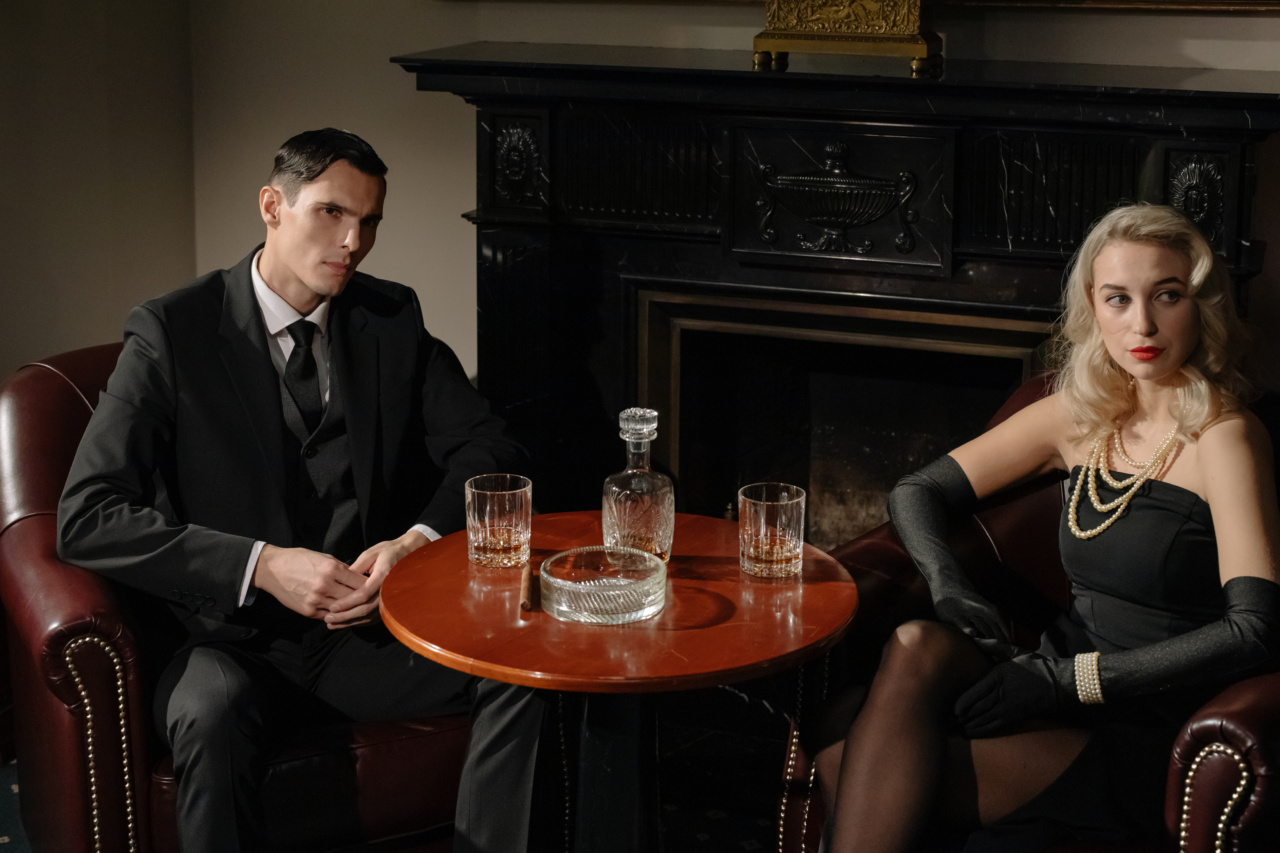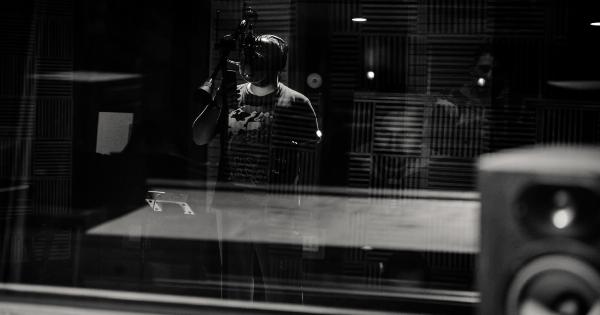There is something undeniably captivating about watching a flawed and corrupted character on the big screen.
From iconic antiheroes like Tony Montana in “Scarface” to Walter White in “Breaking Bad,” we are drawn to characters who navigate the blurred lines of morality. But what exactly is it that makes us root for these characters despite their questionable actions? In this article, we will explore the allure of cinematic antiheroes and uncover the mysteries that lie beneath their complex nature.
The Appeal of Complexity
One of the main reasons why we are drawn to corrupted characters is their intricate nature.
Unlike traditional heroes who exhibit unwavering morality, antiheroes possess a multidimensional personality that mirrors the complexities of real-life individuals. This complexity allows us to relate to these characters on a deeper level, as we all have our own flaws and internal struggles.
Questioning Social Norms
Cinematic antiheroes often challenge societal norms and conventions, which can be both captivating and exhilarating to watch. These characters are willing to go against the grain, causing us to question our own beliefs and values.
By breaking free from the constraints imposed by society, antiheroes provide us with a sense of liberation and rebellion, offering a temporary escape from the mundane confines of our everyday lives.
Morality in Shades of Gray
Unlike traditional heroes who are depicted as purely good, antiheroes inhabit a moral landscape painted in shades of gray. They display both positive and negative attributes, making their actions questionable yet intriguing.
This moral ambiguity challenges our preconceived notions of right and wrong, forcing us to grapple with our own sense of morality. It is this moral fluidity that keeps us glued to the screen, pondering the choices and consequences faced by these characters.
A Glimpse into Human Nature
Antiheroes often expose the raw and primal aspects of human nature that we usually try to suppress. They showcase the depths of human desires, fears, and vulnerabilities, allowing us to explore the darker corners of our own psyche.
Through these characters, we are reminded of our own capacity for both good and evil, and the constant battle between these forces within ourselves.
The Power of Redemption
One of the most compelling aspects of cinematic antiheroes is their potential for redemption. Despite their corrupt actions, these characters often possess underlying qualities that elicit sympathy and an ongoing hope for change.
This journey towards redemption creates a sense of anticipation and emotional investment in their story, keeping us engaged until the very end.
Breaking Stereotypes
Antiheroes have the ability to dismantle stereotypes and challenge societal expectations. They defy the traditional notions of heroism and often come from unlikely backgrounds, proving that anyone, regardless of their flaws, can rise above adversity.
By breaking these stereotypes, antiheroes inspire us to embrace our own uniqueness and rise above societal labels.
A Reflection of Society
Antiheroes often serve as a reflection of the society in which they exist. In a world where corruption, moral ambiguity, and flawed individuals are a reality, these characters resonate with our own experiences and observations.
By showcasing the darker aspects of society, antiheroes provide us with a commentary on the world we live in, encouraging us to question and analyze our own surroundings.
The Allure of Rebellion
There is something undeniably alluring about rebellious characters who act outside the norms and expectations of society. Antiheroes embody a sense of freedom and defiance that can be exhilarating to witness.
Through their rebellious acts, these characters break free from conformity and inspire us to embrace our own individuality and challenge societal constraints.
Complex Relationships
Antiheroes often find themselves entangled in complex relationships, further adding to their intrigue. Whether it be love interests, family dynamics, or friendships, these relationships are often tested by the character’s corrupt nature.
The ever-evolving dynamics between these characters keep us emotionally invested and provide additional layers of complexity to their stories.
The Catharsis of Vicarious Living
Watching corrupted characters on screen allows us to experience a sense of vicarious living. We can indulge in their actions and emotions without facing the real-life consequences.
This cathartic experience serves as a way for us to explore aspects of ourselves that we may not openly express, offering a form of emotional release and connection with these characters.






























